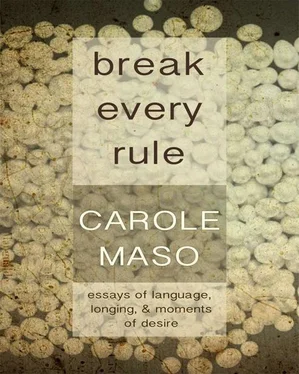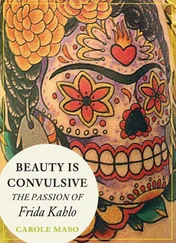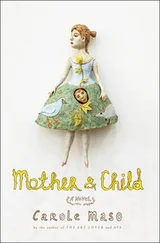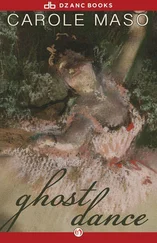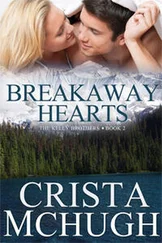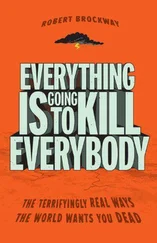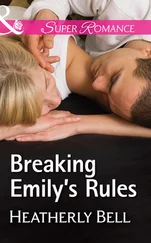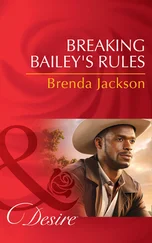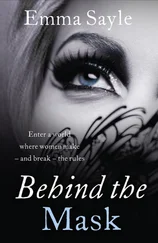I love the insistence and tenacity of desire, the reiterations and rephrasings, the eternal returnings. The obsessiveness of the erotic imagination. The press and relentlessness of the vision: “the pier collapsing.” The aching dissonances. The constant pushing of the voice up a notch, forcing the tone, changing the pitch, forcing the repetitions in a kind of extraordinary need, want, desperation. I am thinking specifically here of the “You Were Dazzle” pieces. And the shift in the construction of the recurring phrase “You were flowers in a barrel” to “You were flower petals floating in a barrel” which signals the move away, through the linguistic gesture as much as anything that is understood on the literal level. In fact, to my ear the literal statements, “you were never again,” etc., sound like the kind of grand statement indicating that the obsession is far from over. But in the quieter “you were flower petals floating,” the subtle shift carries a message and makes me think that just perhaps… A slight letting go of the obsession in a line like that begins to happen. The unconscious shift there tells me that just maybe… Not to say on another day the lover will not have returned at the height of the obsession one more time. In a way the two “Dazzle” pieces are meant to be read on a kind of eternal loop. And in “Her Ink-Stained Hands” what interests me is the holding back, the taking away, the terrible truncated shapes left without any real means to complete or resolve themselves. The fear that has calcified and assumes a kind of permanent stance.
Time as conventionally conceived in much fiction loses its meaning when placed in desire’s crucible. Desire’s temporality is not that generally of development, direction, or movement. Often, the erotic stops or suppresses time, and this is one of the notions I try to explore. Sometimes it warps time, sexual consciousness seeming to inhabit an odd hanging space. “In the passage between day and night. The transition. In the uncertain hour. In the time, you who are French speak, and I am able to attach a meaning to what you’ve whispered, as you approach me for the first time at the airport.” That odd kind of tripped-up time where threads of thought, memory, sensation are all combined, dissolving the ordinary distinctions and boundaries in a kind of perceptual synesthesia. Only later can things be sorted out — and it is at this later point I believe that most writing, with its sense making, begins. But narrative here is far more diffuse; it’s an altogether different kind of energy field. I have tried to enter the continuous present of the erotic experience — a present which is constantly unfolding and includes past and future in its fluid hold. Time is experienced, to borrow from Heidegger, as a “sequence of nows.” That the past or future is autonomous seems not quite believable in this hanging, eroticized state. How to distinguish where the past leaves off and a present begins? When have we begun the future? In “Make Me Dazzle” there is the intermingling of time that allows the longing woman on the beach to converse in two time periods simultaneously to two different people in the simple: “you’re right here.” Other questions arise. Where do the lovers leave off and I, the writer, begin? Where does the life begin and the writing stop? But I am getting a little ahead of myself. What seems evident to me when thinking about time — and sexual desire pushes the issue — is that the now-routine way of calling up the past through the use of the flashback is disassembled here and rejected as an unviable and untruthful strategy. All formulas are suspect. Desire is not formulaic, lust is not formulaic, only pornography is. For me, many highly accepted and completely integrated and “cherished” devices, including the flashback, resemble nothing as much as themselves: accepted and recognizable storytelling devices of literary fiction and now staples as well of mainstream filmmaking. An agreed-upon way to shape reality. It reminds me of those traveling players in “Anju Flying Streamers After” who try to cobble together a bit of a scaffolding, jerry-build a clunky, makeshift structure so as to impose a bit of order on the disorderly, uncontrollable erotic life and death force.
I think of Lautréamont and his radical project in Maldoror , as he tried to expose and destroy simile and analogy. I think of his flagrant parodying of the novel at the end of that work. His irreverence. His dark joy. I take courage there.
I have given up any conventional notions of the novel in Aureole . I have tried to respect and indeed encourage the longing and the genuine mystery which exist between the discrete pieces. The hope is that this desire might augment, echo, and speak to the other motions of longing in this work. The figures from piece to piece are connected peripherally. An erotic consciousness of abundance and allowance, a kind of promiscuity, seems to allow them to move back and forth between space and time more readily than might otherwise be the case. Linguistic relationships seem freely transferable as well — floating through texts more as light comes and goes with its gleaming and ephemeral touch. As in electronic writing, which I find a highly charged and essentially erotic space, I have, from time to time, here attempted the splitting off of narrative or linguistic instants to both accentuate and dramatize the nearness and the farness of the various language and narrative constructions, with the hope of refining those proximities and creating new forms of yearning. Desires I was not even aware I had surfaced during the writing of these pieces. The true miracle of form.
I have chosen with some deliberateness the moments at which to hold each piece on the page. I have thought it most effective to allow them to exist in the hovering place—“in the night and glisten and holy water basin.” In moments of arousal and suspension and vulnerability. Open. That Tantric state when the intertwined couple captures the moment right before jouissance and extends it into forever. To my mind, this work is a novel at the very moment of its forming, before the ordinary assignments are made, and with those assignments a necessary imposition of design, authority, dissimulation, and distance. I have tried, not entirely successfully I think, to keep the material nearest to its longing. At the place where there is no fixed central figure, no plot in the ordinary sense, temporality without chronology; the place of all potential. The book is in a state of ravel and unravel to me, forming before our eyes, grouping and regrouping, gathering and dissolving. At the periphery of the more expected book lies this one, at the edge of the more obvious and stable book. On the horizon of story, before the shapes are made manifest, and the connections lose their tenuous, mysterious, human hold. I have tried to leave this work at the most erotic moment, the most vulnerable and open. Aureole for me exists forever on the verge, on the edge of a slightly heightened and unhinged world, just before the narrative strands coalesce. Ordinary story seems rather false, and indeed a bit preposterous under the circumstances. It is derailed, detonated, overwhelmed by the intensity of sexual desire. Plot cannot be contained given the subversiveness and potential extremity of the subject. Content insists on its form here. It is my hope that at the book’s threshold the reader and the writer might be allowed to inhabit an extended moment of suspended sexuality where anything might occur. In the moment “before the woman in Paris becomes anything she wants to be yet.” In the moment before “whatever will happen next will happen.” In “the liminal space, in the gap….” To float like the couple in the changing room, that unreal, crystalline chamber, “in some of their clothes,” “in the just March.”
Читать дальше
